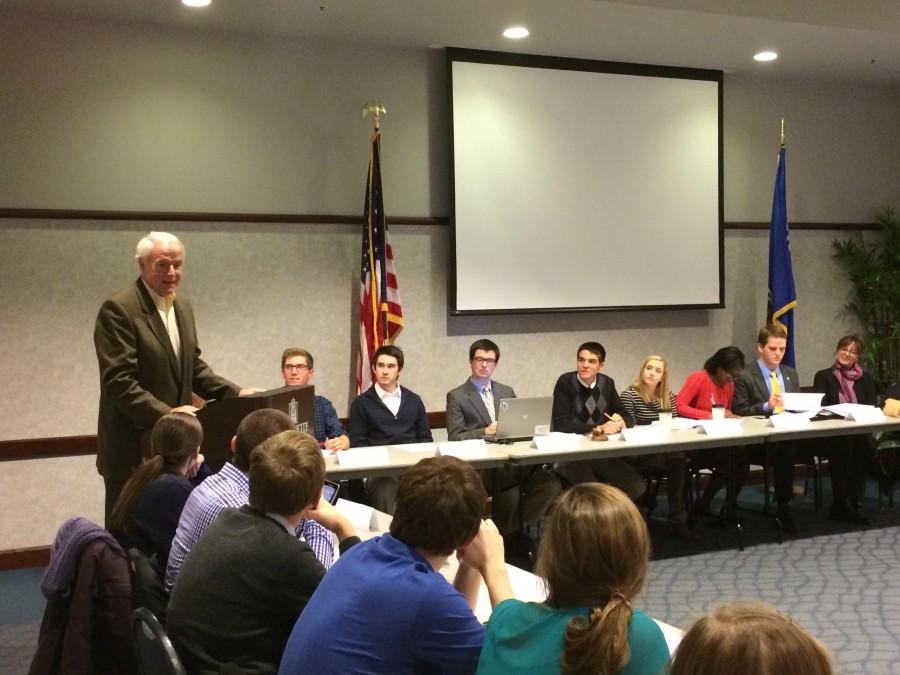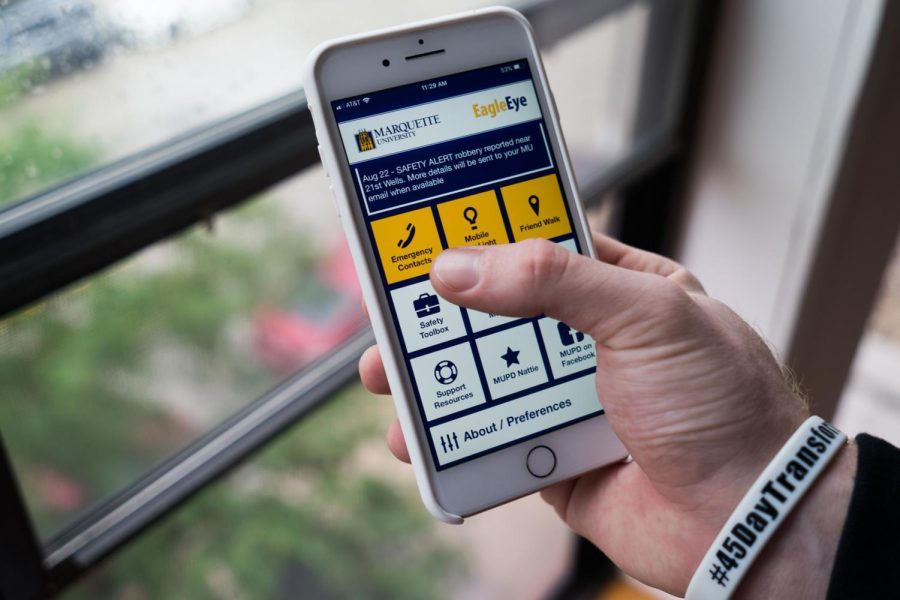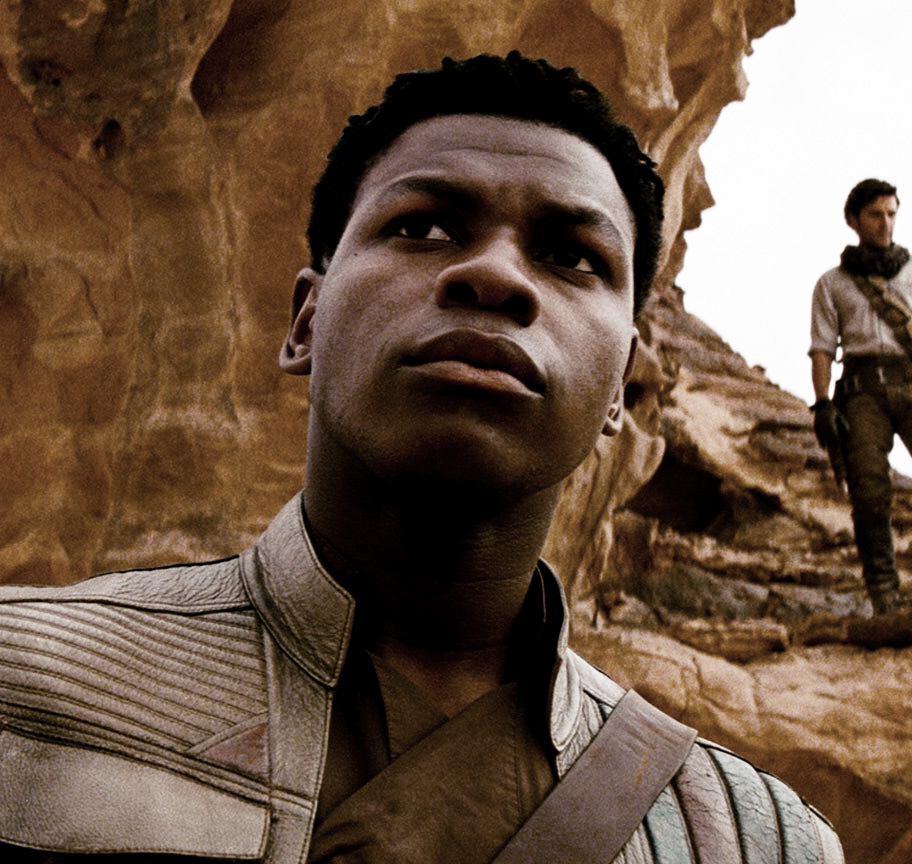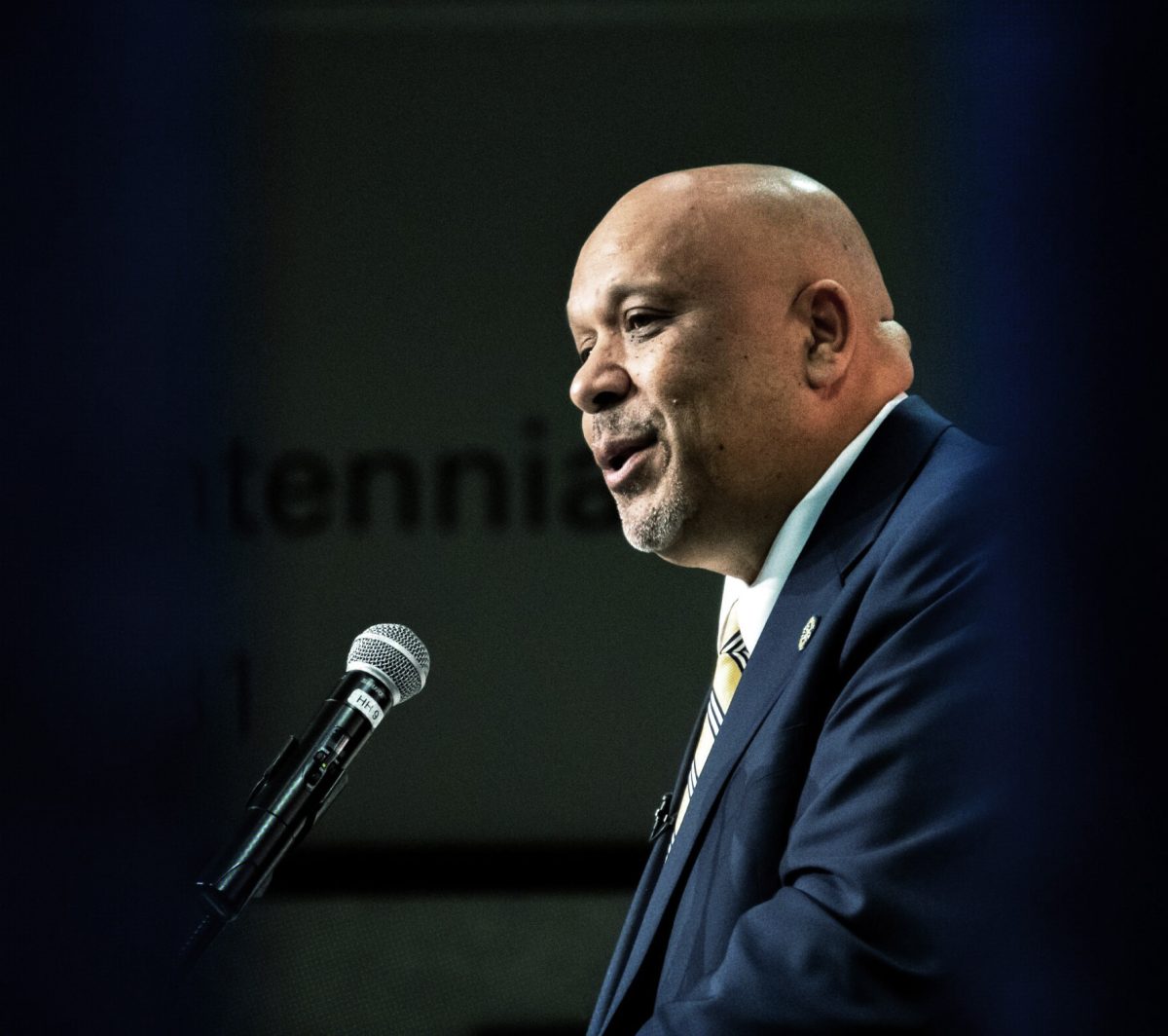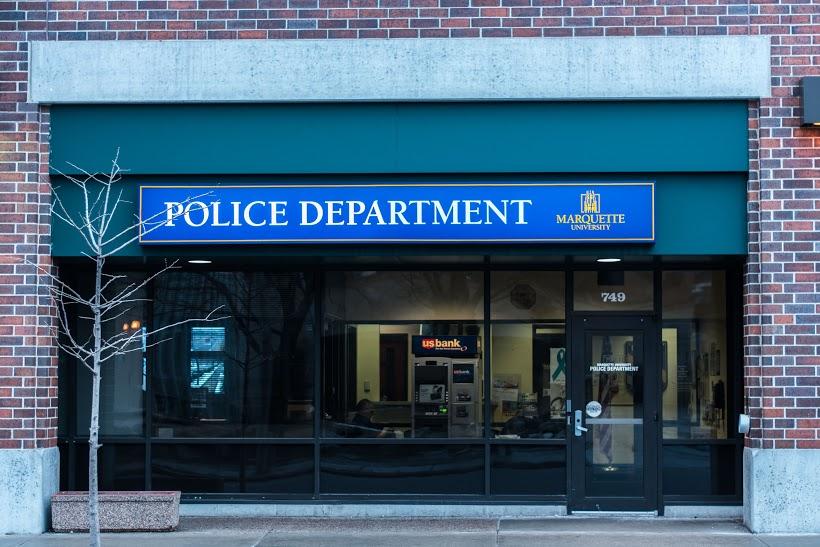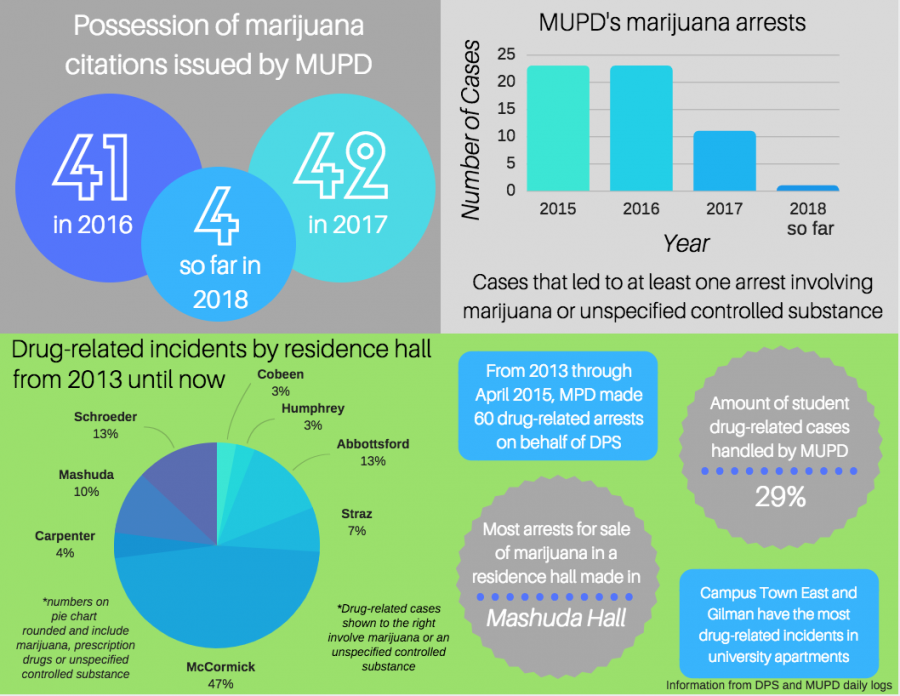Marquette University Student Government plans to make big changes on and off campus this semester to enhance the student experience.
MUSG President Kyle Whelton has several projects he hopes to see progress throughout the semester. One is to make the student organization funding application and process run smoother.
“We want a simpler process,” Whelton said. “We want to make sure the application is straight forward so that the process can become as efficient as possible.”
Whelton also stressed that transparency must remain a priority for the groups so students understand what funds can be allocated and how funds are being allocated.
The new application is in the process of being created and could be available as soon as the second week of February.
A new mobile safety app called “Blue Light” will be available in the near future. This free app will allow anyone with a smartphone to send an emergency signal from a location by simply tapping an icon in the app twice.
“It’s extremely responsive, technologically friendly, and has a variety of uses,” Whelton said. “Whether a student is on campus where (the Department of Public Safety) can respond to the situation, or in another part of Milwaukee where 911 will be contacted, its use expands beyond the Marquette campus.”
Another project in the works is establishing the Diversity Inclusion Social Justice Committee, which will be led by Esther Aviles, a freshman in the College of Arts & Sciences. This committee will work to get a diverse group of students involved and connected with Marquette and the surrounding community, while also being proactive and reactive to a variety of situations.
“We want them to be proactive by creating healthy dialogue between students about sensitive topics, but also reactive to discontent between students in the hopes of trying to turn that around,” Whelton said.
Whelton also talked about the MUSG program board structure and the changes that will be in the works. The old structure had nine volunteer commissioners that were assigned to specific areas, but that system lacked true accountability because those people were volunteers.
The new structure in progress will include four coordinators who will oversee the commissioners and create new programs, such as diversity programs and showing movies in the Varsity Theatre. This will help create accountability for the commissioners and help shoulder some of the responsibility that comes with being a commissioner.
Zachary Wallace, the legislative vice president of MUSG, also mentioned some changes MUSG will discuss throughout the semester. These changes include UPass access in the summer, continued efforts on sexual violence awareness, more garbage receptacles in off-campus areas, and developing partnerships to allow easier and more affordable rentals for student organizations.
The Growing Power program is another project that will be starting a trial run in the near future. This program is being run by MUSG Senator Courtney Guc, who was inspired by a Tribune column written in September and wanted easier access to fresh fruits and vegetables.
The fruits and vegetables are provided by a network of farmers in the Midwest area. The first trial run will be provided to campus apartments.
“The process right now is to have students come into MUSG, sign-up at the designated time, and then pick up their fruits and vegetables,” Guc said. “The key to this program’s success is getting the word out and convincing students to use this program. If that can be done, this could be a great success.”
The baskets of fruits and vegetables would cost $16 for a larger basket and $9 for a smaller one. A smaller basket would provide about a weeks worth of fruits and vegetables for two people.

